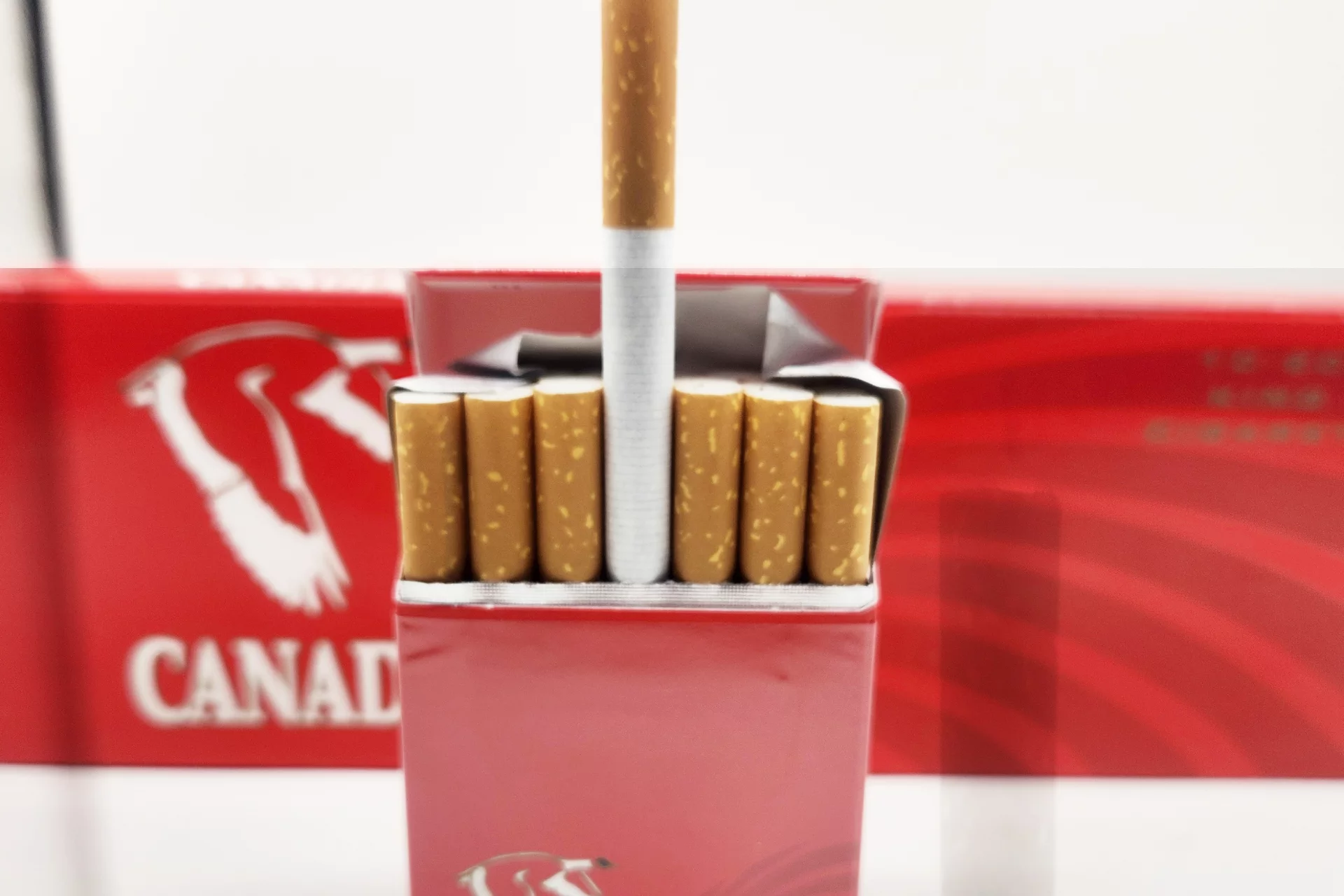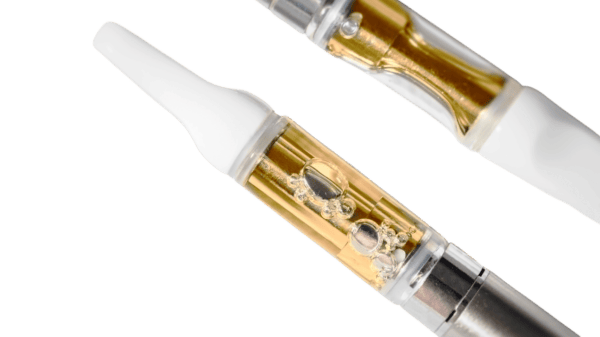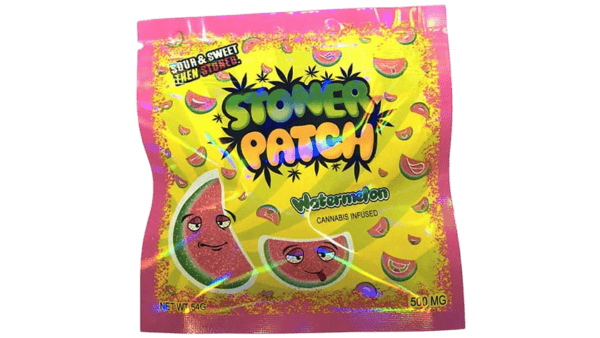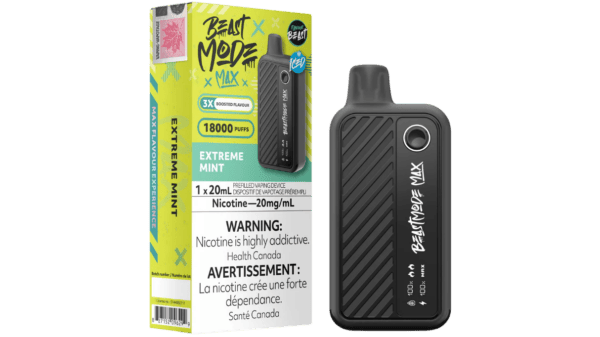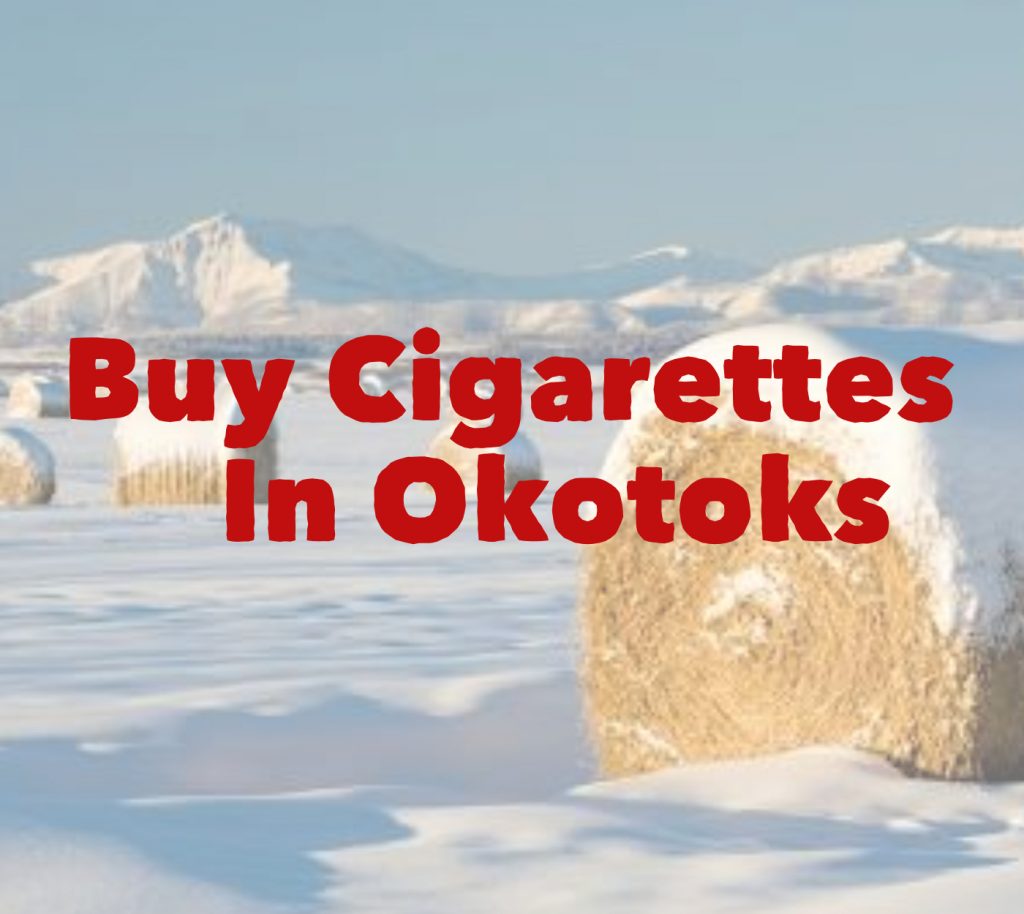Tobacco has been a part of human culture for centuries, and its roots run deep in the traditions of Indigenous peoples across North America. Native smokes and cigars aren’t just about smoking—they’re about history, culture, and connection to the land.
If you’ve ever wondered where it all started or what makes these products unique, let’s take a walk through time and explore the history of Native smokes and cigars.
The Early Beginnings of Tobacco
Before tobacco was commercialized and became the product we know today, it was already a deeply sacred plant to many Indigenous groups in the Americas. Native peoples believed that tobacco held spiritual significance, often using it in ceremonies, rituals, and as a tool for healing. In fact, tobacco was seen as a messenger between the spiritual world and humans, a gift from the Creator.
Tribes like the Cherokee, Lakota, and Iroquois grew tobacco and used it for a range of purposes. One of the most common uses was in peace pipes, often called calumets. These pipes were used in negotiations and peace-making ceremonies, where tribes would come together to exchange tobacco as a symbol of goodwill. It wasn’t just a casual offering—it was a sign of trust and respect.
The Rise of Smoking as We Know It
As European settlers arrived in the Americas in the 16th century, they encountered tobacco for the first time and quickly saw its potential. The practice of smoking tobacco spread rapidly across Europe, and it wasn’t long before commercial tobacco cultivation became a booming industry.
Indigenous methods of growing, curing, and smoking tobacco, however, stayed rooted in tradition. Native tribes continued to grow tobacco, often in smaller, sacred ways, while Europeans began to scale it up into a global trade.
Cigars, as we know them today, became popular around the 17th and 18th centuries, especially in Europe. These early cigars were often handmade and would’ve been a far cry from the mass-produced versions we see now.
But what’s fascinating is that the cigar culture, in its most traditional sense, was always intertwined with the rituals and practices of native peoples, long before it became a mainstream product.
Native Smokes Today
Today, when we discuss Native smokes, we’re referring to products that carry a bit of that ancient history with them. There are still many Indigenous-owned tobacco businesses that handcraft their products with care, using methods passed down through generations. The tobacco used in Native smokes is often grown in small, sustainable ways, paying homage to traditional farming techniques.
In addition to hand-rolled cigars, another popular product in modern Native smoke stores are prime time cigars—small, convenient cigars that offer a quick and flavorful smoking experience.
Though not as old as the cigars made by Indigenous peoples, primetimes are a contemporary take on the tradition of smoking that blends history with modern convenience.
Nicotine pouches are a more recent trend, offering smokers a cleaner, smokeless alternative to traditional products. While they don’t have the same deep cultural roots as cigars or Native smokes, they’ve found a place in the market for those looking to enjoy nicotine without the smoke. For many, nicotine pouches offer a way to keep the tradition of tobacco alive, but with a modern twist.
Why It’s Important to Honor the History
When we buy cigars or other smoking products today, it’s easy to forget that tobacco has such a rich, cultural history. Many Native American tribes still face challenges related to the commercial tobacco industry, and a lot of the knowledge and techniques around tobacco production are disappearing with time.
But there are businesses, like CCW.Delivery, that are working hard to preserve this cultural heritage. They do so by supporting Indigenous tobacco farmers and artisans, providing products that maintain the integrity of traditional practices.
By understanding the history of tobacco, cigars, and Native smokes, we can better appreciate the deep connection to the land and culture that these products represent.
When you purchase from a store that values and honors this heritage, you’re not just buying a product—you’re supporting the continuation of a centuries-old tradition.
Final Thoughts
The story of Native smokes and cigars is far more than just a tale of tobacco. It’s a story of respect, culture, and spiritual significance. From the sacred use of tobacco by Indigenous tribes to the global spread of cigars, tobacco has always played an important role in connecting people to each other and to the world around them.
So, next time you light up a cigar or try one of the other smoking products in our store, take a moment to appreciate the long history and tradition that goes into every puff.
Whether you’re a longtime smoker or someone just beginning to explore cigars and other smoking options, we hope this gives you a deeper understanding of the roots of what you’re enjoying. And remember, you’re not just supporting a business—you’re helping to keep a centuries-old tradition alive.
